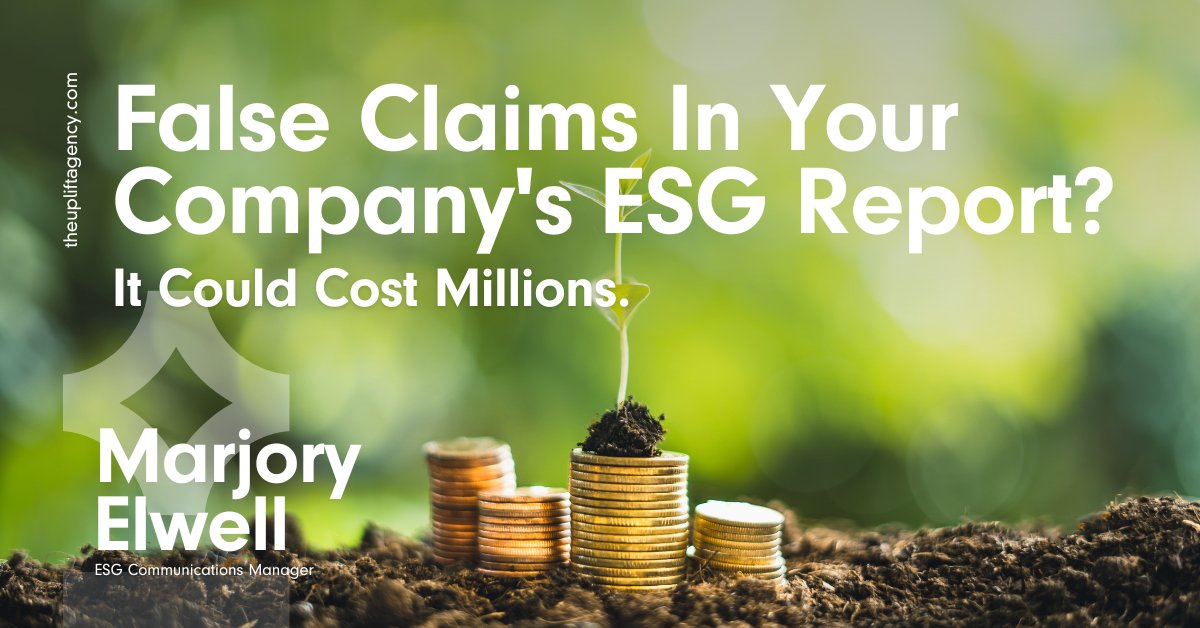False Claims In Your Company’s ESG Report? It Could Cost Millions
Just a few weeks ago, a public company agreed to pay $55.9 million to the U.S. Securities and Exchange Commission (SEC). Why? Alleged inaccurate claims in its environmental, social, and governance (ESG) reports.
Vale S.A., a Brazilian mining company and one of the world’s largest iron ore producers, has settled charges stemming from alleged false and misleading safety disclosures before the catastrophic collapse of its Brumadinho dam in 2019. According to the SEC, Vale regularly misled local governments, communities, and investors about the safety of its dams via ESG statements and sustainability reports.
The SEC complaint claims Vale knew the dam did not meet internationally-recognized standards for safety, but assured stakeholders the company adhered to the “strictest international practices” and 100 percent of its dams were certified to be in stable condition.
With many investors looking to ESG disclosures to make informed investment decisions, the ongoing actions taken by the SEC’s Climate and ESG Task Force will likely impact how closely companies’ reports are scrutinized for risk into the future.
"Our action against Vale illustrates the interplay between the company’s sustainability reports and its obligations under the federal securities laws," shared Mark Cave, Associate Director of the SEC’s Division of Enforcement. “The terms of today’s settlement…demonstrate that public companies can and should be held accountable for material misrepresentations in their ESG-related disclosures, just as they would for any other material misrepresentations."
This settlement may precede another significant SEC decision surrounding reporting: mandatory climate disclosures. This month, it’s expected the government agency will require publicly-traded companies to report on Scope 1, 2, and 3 greenhouse gas emissions and provide details on climate-related goals. Coupled with the SEC’s focus on ensuring companies are held responsible for material misrepresentations in their ESG-related disclosures, this rule will drastically shift sustainability data collection and reporting requirements.
Credible ESG Reporting
At Uplift, we know that ESG reports are an excellent way to keep stakeholders informed on your company’s commitments to support employees, invest in local communities, and protect the planet. We also understand there’s much more to consider than just telling a good story. With companies’ reputations at stake (not to mention potential costly fines for material misrepresentations), credibility is essential.
Reach out to us today to learn more about how our sustainability, social impact, communications, and creative teams work together to create high-quality reports aligned to industry standards.
The Uplift Agency
Uplift builds strategies, programs, and communication campaigns that advance ESG in workplaces, supply chains and communities.
We know how to navigate the road ahead because we’ve already been down it – 90 percent of our team has led environmental or social programs in corporations or nonprofits. Because ESG is all we do, our services are more comprehensive and integrated than most firms.


